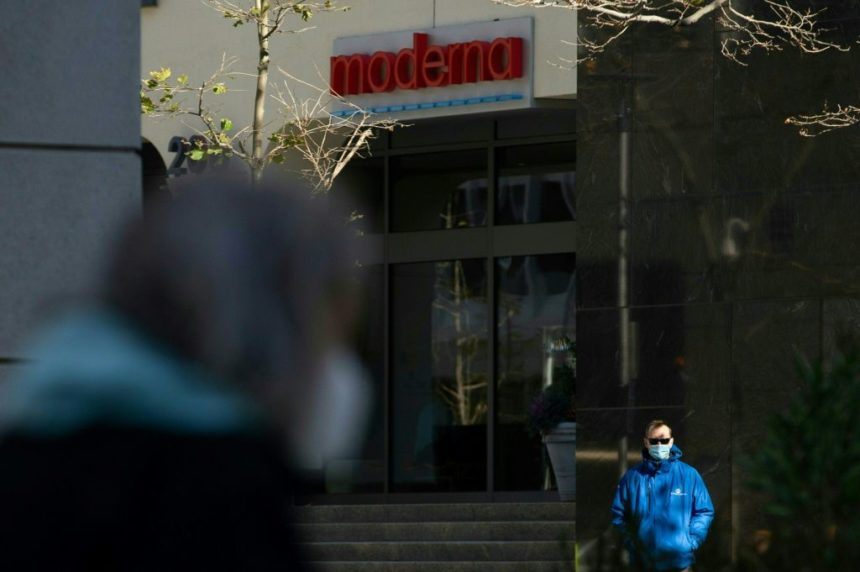Moderna announced Thursday that it has finalized a 10-year partnership with the U.K. government to invest in mRNA technology research and development.
As part of the agreement, which was first announced in June, Moderna stated that it will build a state-of-the-art mRNA manufacturing facility that is projected to produce up to 250 million vaccines per year. Construction on the building is expected to start in early 2023 and produce the first mRNA vaccine in the U.K. in 2025.
Moderna will work alongside the U.K. Health Security Agency (UKHSA) on early vaccine development and support the G7 mission to advance from variant to vaccine in 100 days.
According to the most recent government data, more than 40.3 million people have received both their primary dose of a COVID-19 vaccine and a booster in the U.K.
“It is vital we invest in fighting future variants of this disease as well as other deadly viruses that are circulating, such as seasonal flu and RSV, and this partnership with Moderna will also strengthen our ability to respond to any future pandemics,” U.K. Health and Social Care Secretary Steve Barclay said in a statement.
The collaboration is expected to create more than 150 jobs and “further future-proof” the U.K. against potential pandemic threats in the coming years. Additionally, through the R&D provisions of the partnership, Moderna will conduct a “significant number” of clinical trials in the U.K. and has pledged to fund grants for universities, including PhD places and research programs.
The partnership was announced more than a week after Moderna and Merck announced another promising milestone in the clinical application of mRNA technology. The two pharma companies released data that found a combination of an investigational personalized mRNA cancer vaccine and Keytruda showed efficacy in patients with Stage III/IV melanoma.
In a statement accompanying the Merck announcement, Moderna CEO Stéphane Bancel called the results “highly encouraging for the field of cancer treatment” and demonstrated the “potential for mRNA to have an impact on outcomes in a randomized clinical trial in melanoma.”
Discussing the U.K. partnership, Bancel said it will provide the country with “access to pandemic response capabilities” and contribute to the nation’s “health ecosystem.”







